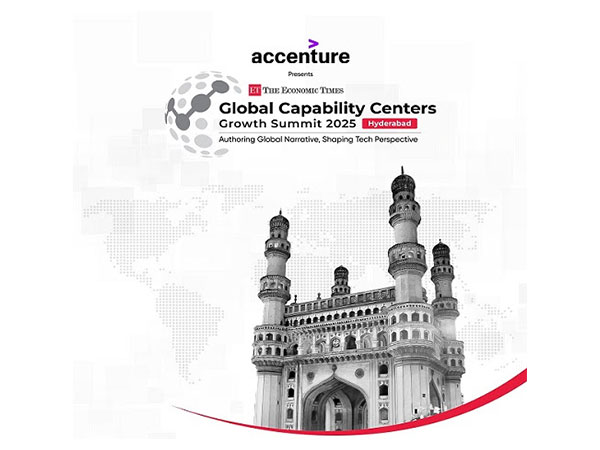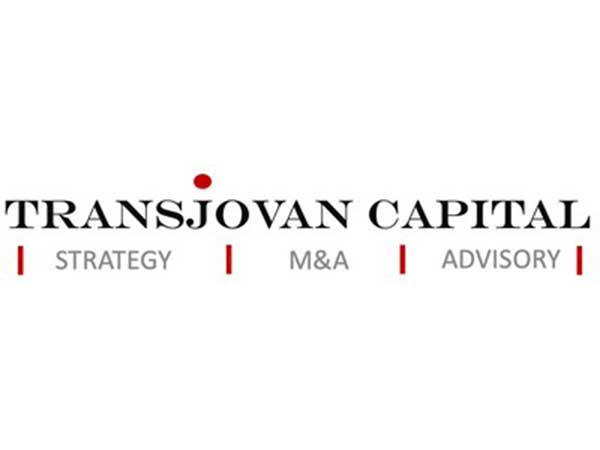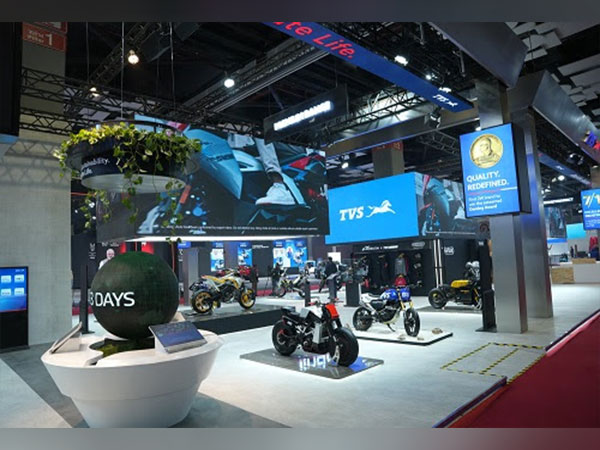Climate action disparities risk compounding existing economic inequality: WEF
Jul 19, 2024
Geneva [Switzerland], July 19: New World Economic Forum research, released today, highlights the close relationship between lack of access to green financing and technologies and the equitable transition to a greener economy. The report makes an urgent call for an institutional response to ensure an equitable transition and proposes metrics to increase transparency on equity implications.
New data published in the Accelerating an Equitable Transition: A Data-Driven Approach report highlights that most executives around the world are worried about unequal access to green financing and green technologies among businesses in their countries, suggesting that - without proactive measures to ensure economic equity - the transition to a carbon-neutral economy could exacerbate both between- and within-country inequalities.
Asymmetric access to financing, in particular, is cited as the top economic equity risk for the green transition of all sectors, from energy to infrastructure, transportation, agriculture, heavy industry and the circular economy. Unequal access to technology and know-how is expected to create disparities, especially in the development of the circular economy and the greening of energy sources, infrastructure and heavy industry.
"The transition to a green economy must be inclusive to be sustainable," said Saadia Zahidi, Managing Director, World Economic Forum. "Supporting the transition of workers and addressing gaps in financing and access to technology is crucial to meeting both environmental and socio-economic goals. This report provides new data and tools to guide global leaders in making the green transition equitable for all."
With rising social, economic and humanitarian consequences of extreme weather events such as floods and heatwaves, countries need to step up the pace of the green transition. However, justice and equity considerations of climate action are surfacing and the current policy toolkit is inadequate to forge an equitable transition, eroding public acceptance and policy stability.
The report, developed in collaboration with Boston Consulting Group, explores green transition dimensions - seven high-emitting and major segments of the economy that require transformation to achieve carbon neutrality. It also investigates five equity dimensions that reflect key components of economic participation.
Economic equity risks in the green transition can significantly impact workers and the data released today helps to identify sectors where the risk of workers' displacement is highest. These include, in particular, the decarbonization of the fossil fuel and heavy industries, the development of a circular economy and the greening of agriculture and food production.
Affordability challenges are most likely to emerge in the transition of the energy sector, transportation, agriculture and food production, as the transformation of these sectors are more likely to raise prices of essential goods.
Source: Emirates News Agency








